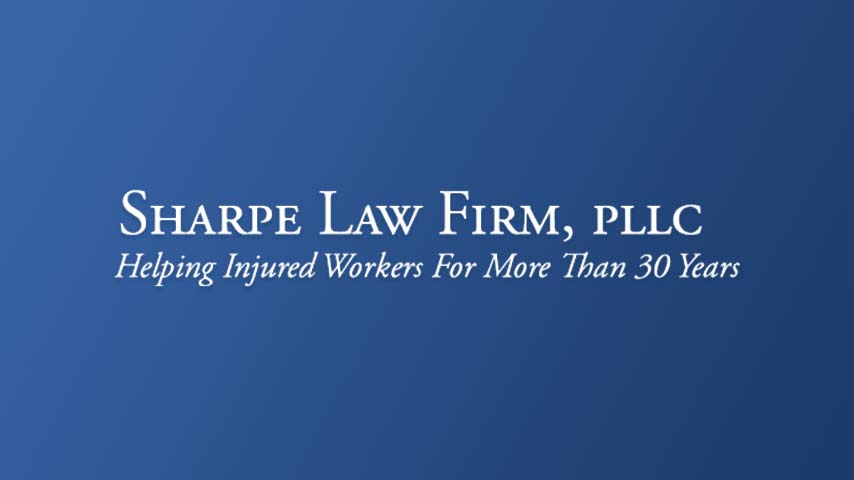If you have a good case it’s easy to hire an attorney, but is it worth it?
A sharp dressed lawyer and contingency legal fees make hiring a lawyer an attractive decision. However it is about more than just looks. You need to consider what’s best for you and what is it going to cost.
Settling your own case on a DIY basis costs less but is a lot of work. Consider settling yourself if you have the time and experience to prove your case and you don’t need settlement advice. Minor accidents with minor injuries can be easily settled.
With a small case you can work with the insurance adjuster to get your bills and other obligations paid and you may get a good result. Be mindful of your insurance company’s subrogation rights.
On a DIY bases you can also use small claims court if necessary. Be careful of the jurisdictional money limitations in the court system.










